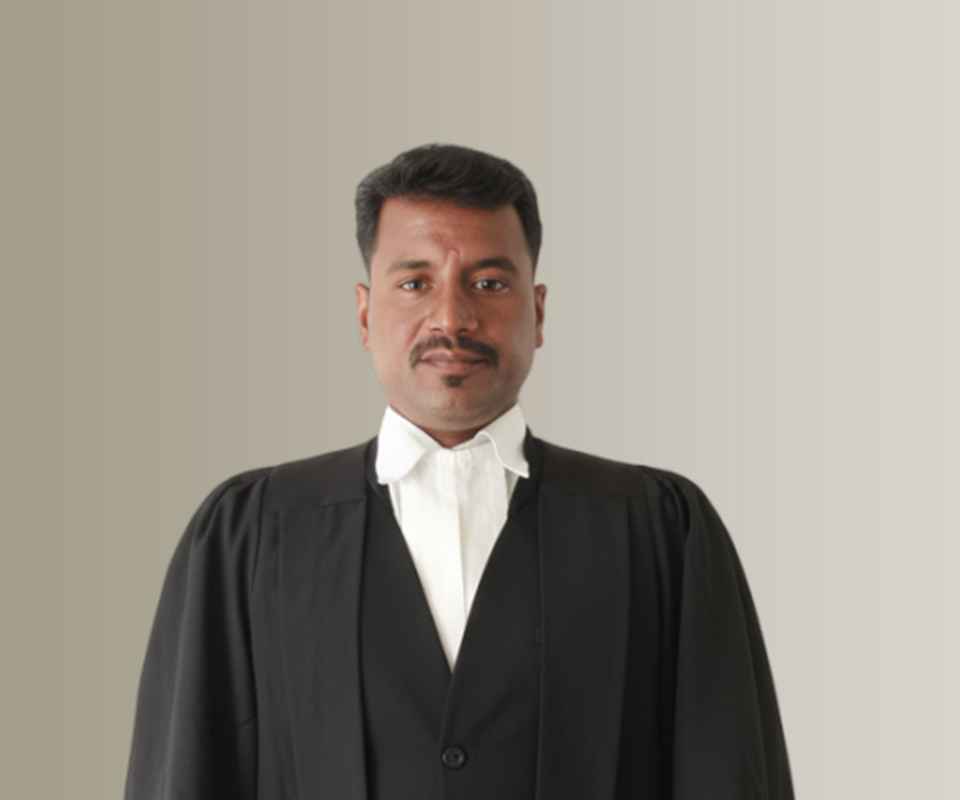Answer By law4u team
Bharatiya Nagarik Suraksha Sanhita, 2023 - Section 303: Power of State Government or Central Government to exclude certain persons from operation of section 302.
(1) The State Government or the Central Government, as the case may be, may, at any time, having regard to the matters specified in sub-section (2), by general or special order, direct that any person or class of persons shall not be removed from the prison in which he or they may be confined or detained, and thereupon, so long as the order remains in force, no order made under section 302, whether before or after the order of the State Government, shall have effect in respect of such person or class of persons.
(2) Before making an order under sub-section (1), the State Government or the Central Government in the cases instituted by its central agency, as the case may be, shall have regard to the following matters, namely:—
- (a) the nature of the offence for which, or the grounds on which, the person or class of persons has been ordered to be confined or detained in prison;
- (b) the likelihood of the disturbance of public order if the person or class of persons is allowed to be removed from the prison;
- (c) the public interest, generally.
Brefe Detail
Section 303 grants the State Government or Central Government the authority to prevent certain individuals or groups from being removed from prison, based on specific considerations. This power ensures that decisions about imprisonment take into account the nature of offenses, public order concerns, and overall public interest.
Question & Answers
Q: What authority does Section 303 provide to the State or Central Government?
A: It allows them to exclude certain persons or classes of persons from being removed from prison by issuing a general or special order.
Q: Under what conditions can the State or Central Government issue such an order?
A: They must consider factors such as the nature of the offense, potential public order disturbances, and public interest.
Q: What happens to the orders made under Section 302 for excluded persons?
A: Any orders made under Section 302 will have no effect on those persons or classes of persons as long as the exclusion order is in force.
Example
- If a person is convicted of a violent crime, the State Government might decide to issue an order under Section 303 to keep them confined in prison, considering the potential risk to public order if released.
- A class of individuals involved in organized crime may be excluded from removal from prison to prevent any potential disturbances in the community.
Summary
Section 303 empowers the State and Central Governments to issue orders that prevent certain individuals or groups from being released from prison. This decision is based on careful consideration of the nature of their offenses and the potential impact on public order and interest.







